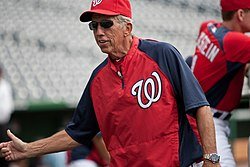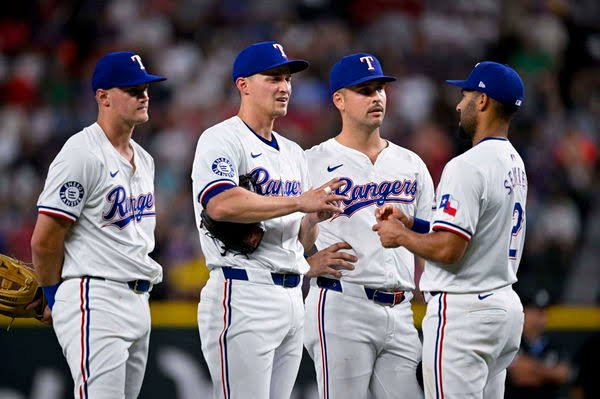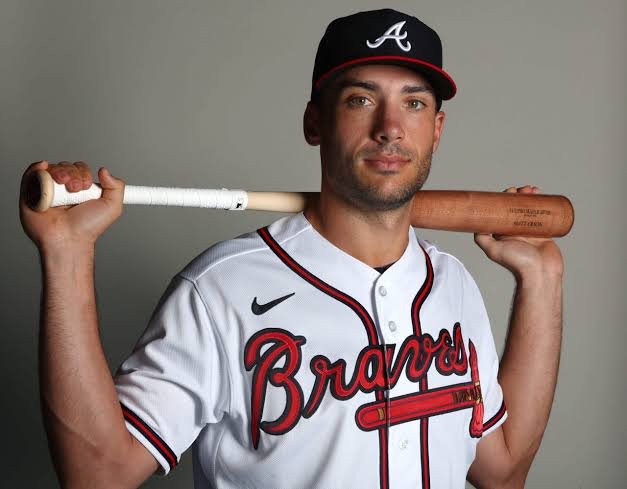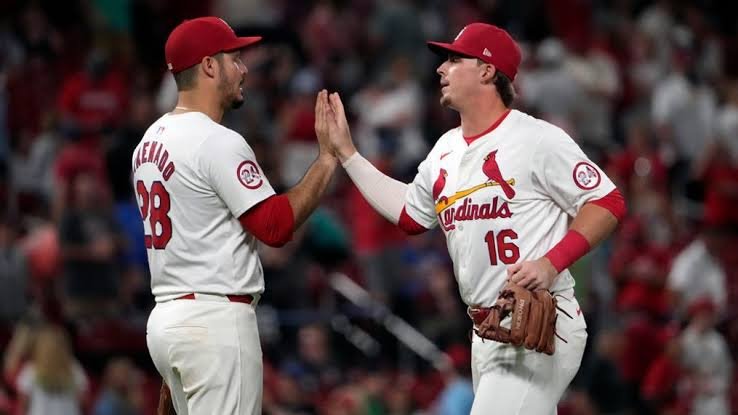
Davey Johnson
“He was a legend” says media
Davey Johnson, a four-time All-Star second baseman and longtime Major League manager, has passed away at the age of 82.
Born in Orlando, Florida, and raised in San Antonio, Texas, Johnson graduated from Alamo Heights High School before spending a year at Texas A&M. He signed with the Baltimore Orioles in 1962 and became their starting second baseman in 1966, finishing third in Rookie of the Year voting. From 1966 to 1972, Johnson anchored second base for the Orioles, winning three Gold Gloves and making three All-Star teams while helping the club to four World Series appearances, winning two.
Traded to the Atlanta Braves in 1973, Johnson had his best power season, hitting 43 home runs. After a brief decline, he played two seasons in Japan with the Yomiuri Giants before returning to MLB with the Phillies and Cubs in the late 1970s.
Johnson began managing in 1984 with the New York Mets, quickly transforming them into a powerhouse. His Mets won at least 92 games for four straight seasons, including the legendary 1986 World Series victory over the Boston Red Sox. Johnson never finished worse than second in the NL East during his six full years with New York.
He later managed the Cincinnati Reds, leading them to division titles in 1994 and 1995, but clashed with ownership. In Baltimore, Johnson guided the Orioles to ALCS appearances in 1996 and 1997, winning American League Manager of the Year in 1997 before resigning amid disputes with ownership.
Johnson also managed the Los Angeles Dodgers (1999–2000) and, after a decade away, returned to lead the Washington Nationals from 2011–2013. He guided Washington to its first-ever NL East title in 2012, earning his second Manager of the Year Award, before retiring after the 2013 season.
Known for his forward-thinking approach, Johnson was one of the earliest advocates of analytics in baseball, incorporating computer simulations and data analysis into his strategies as both a player and manager. His Mets of the 1980s, in particular, became an early model of data-driven baseball success.







